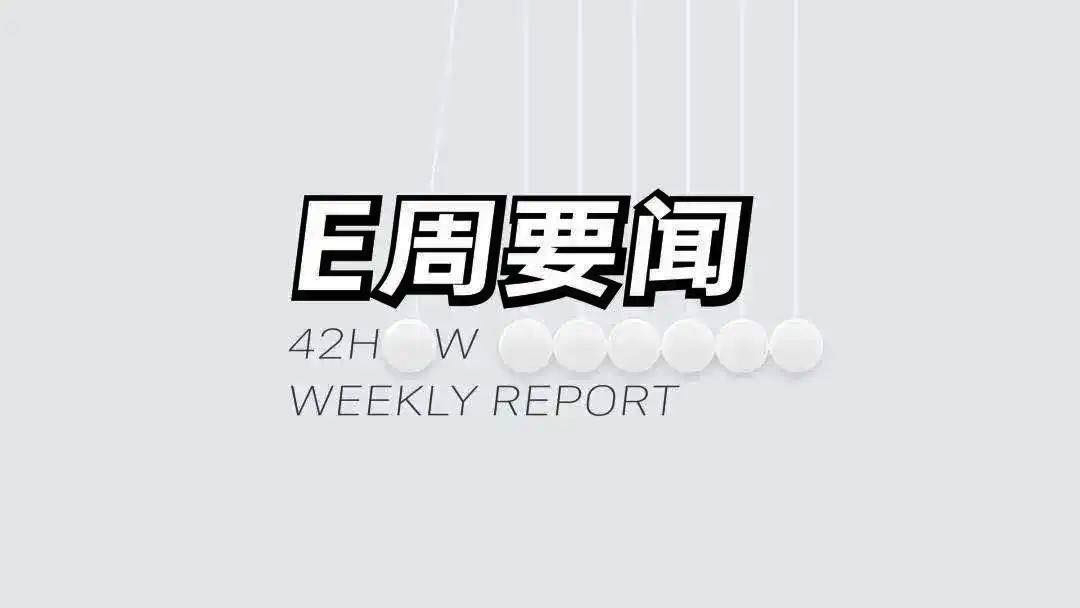Weekly Index
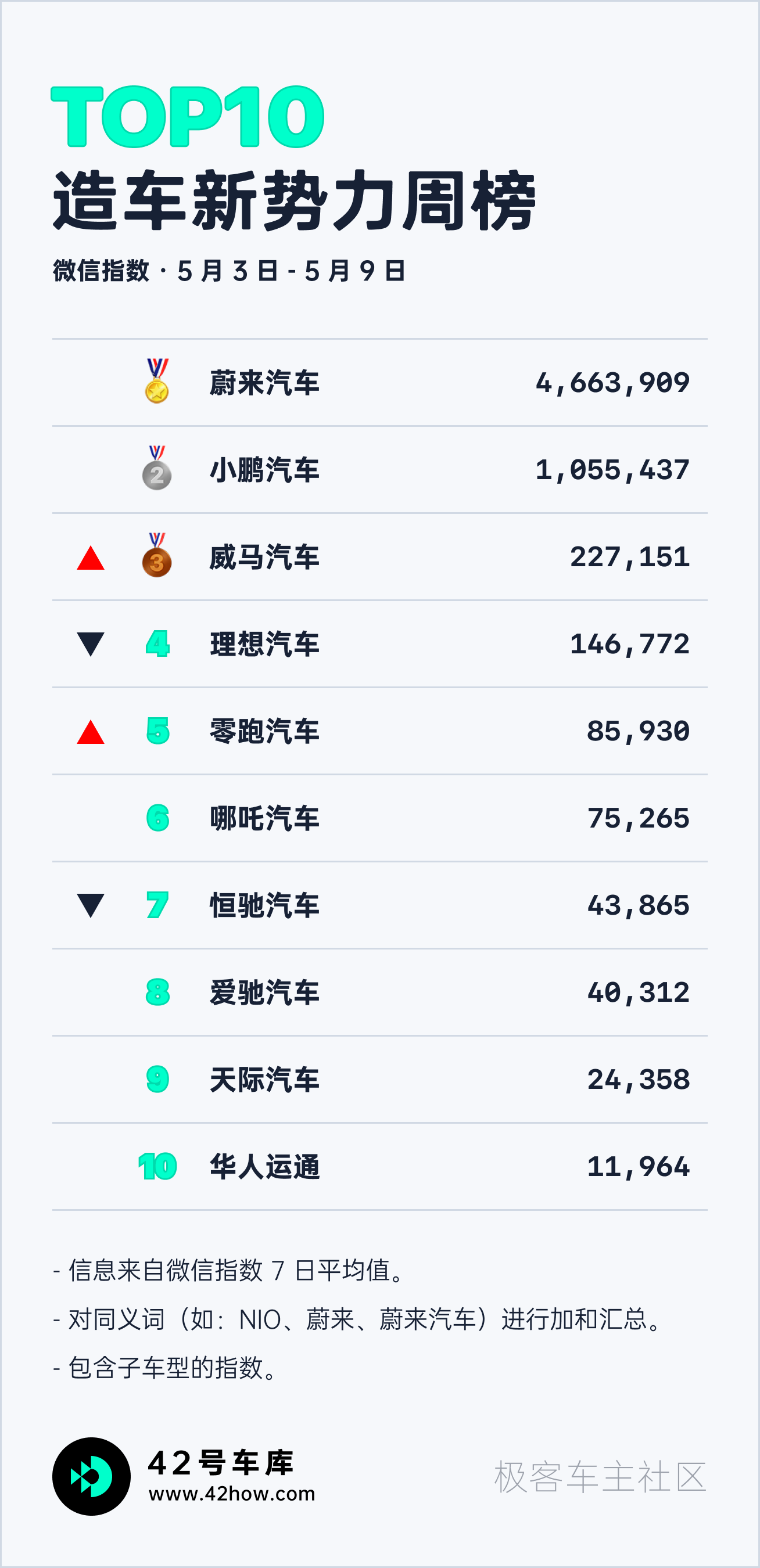
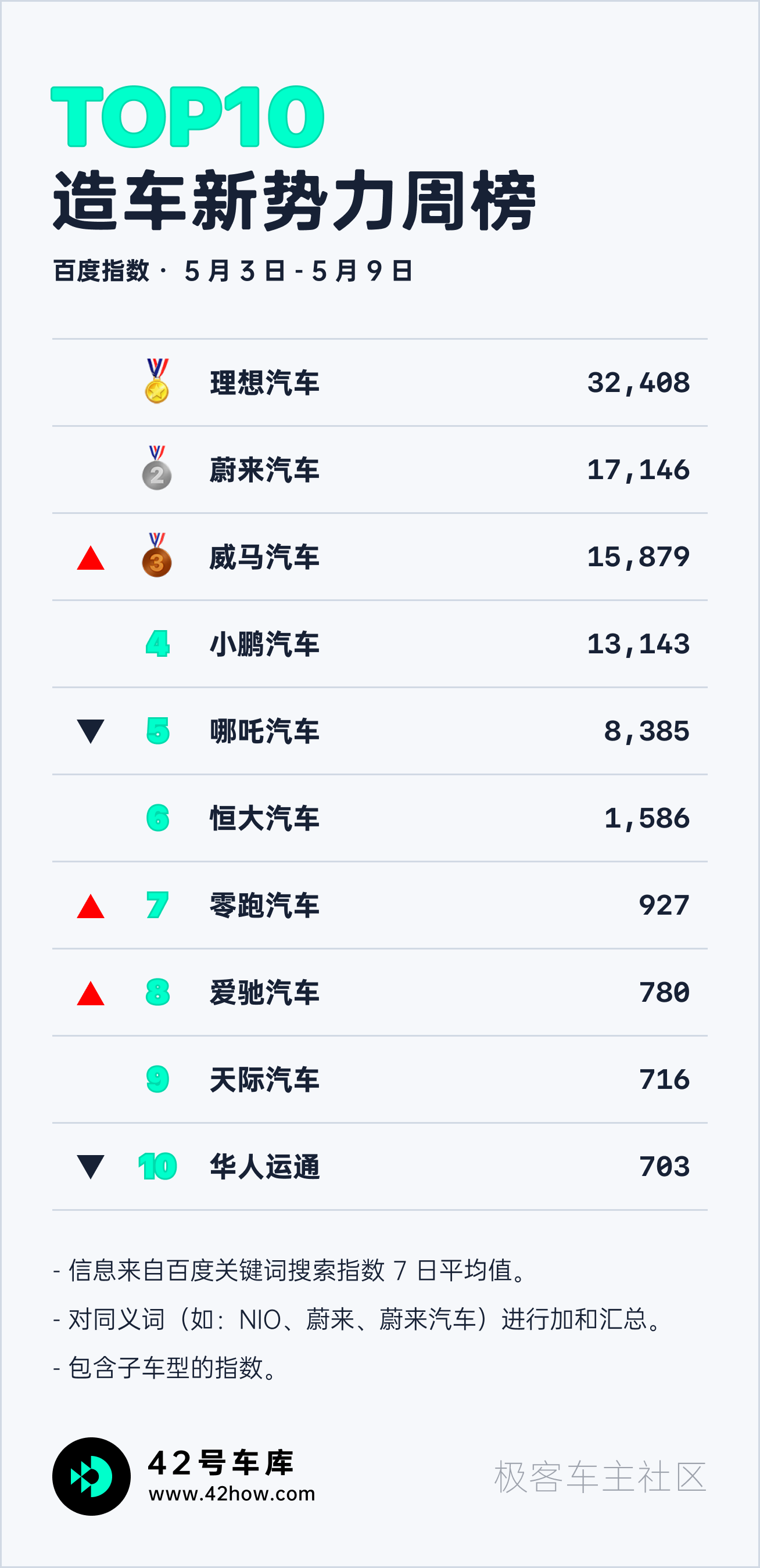
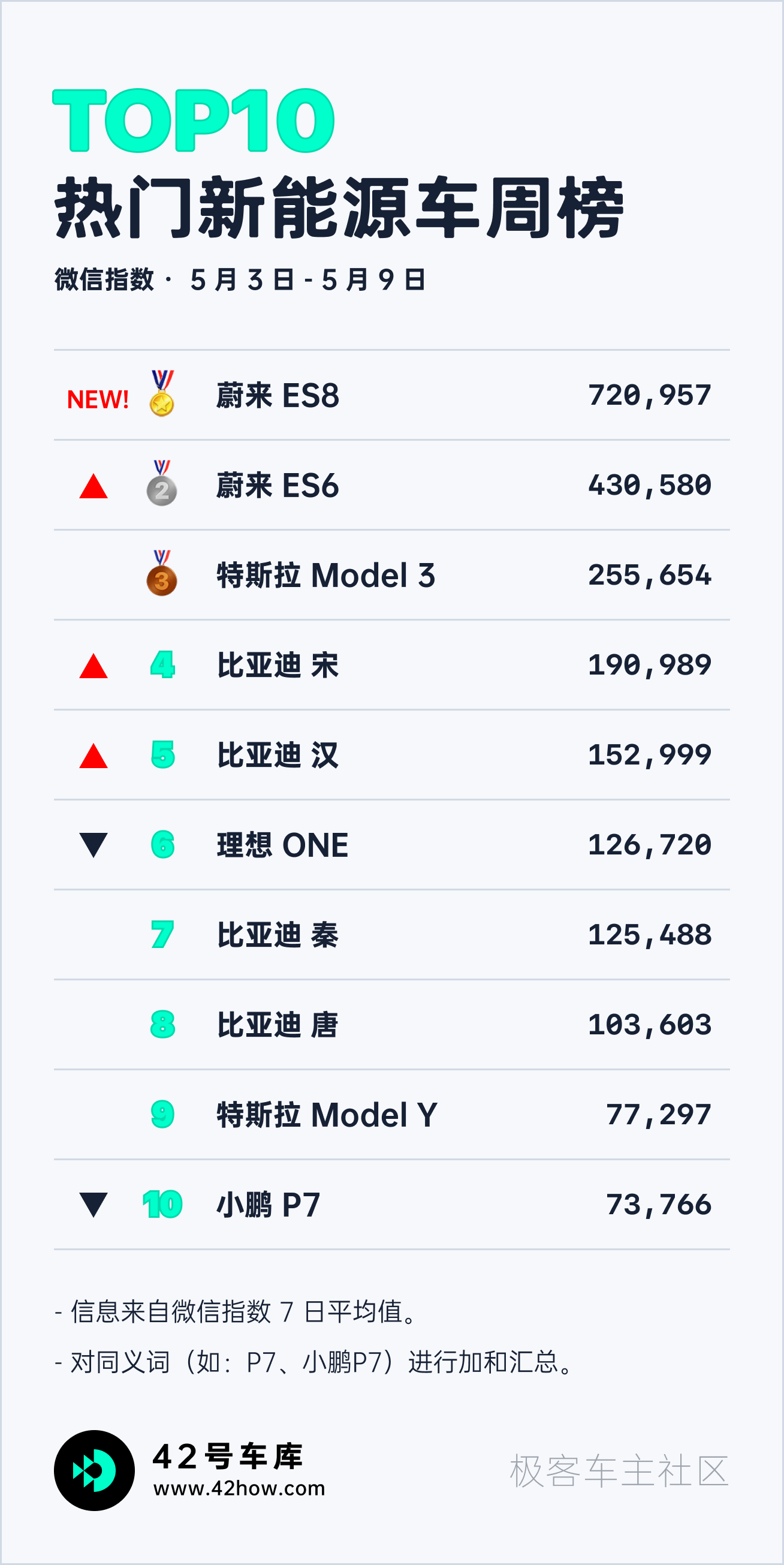
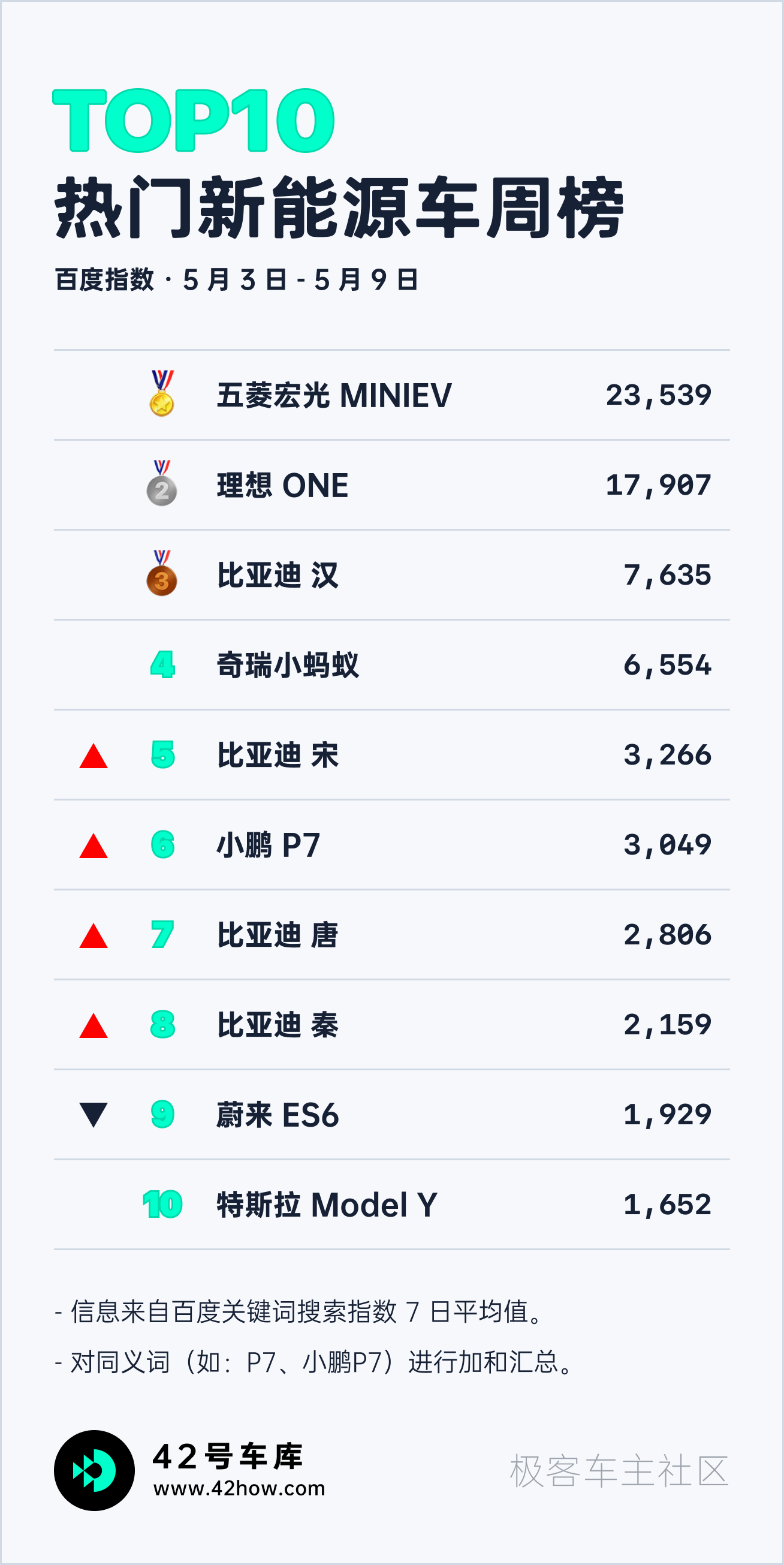
Weekly News
Porsche to Launch Pure Electric Macan
According to Top Gear, Porsche will launch its all-new pure electric Macan in 2023. The prototype has already started testing on open roads.
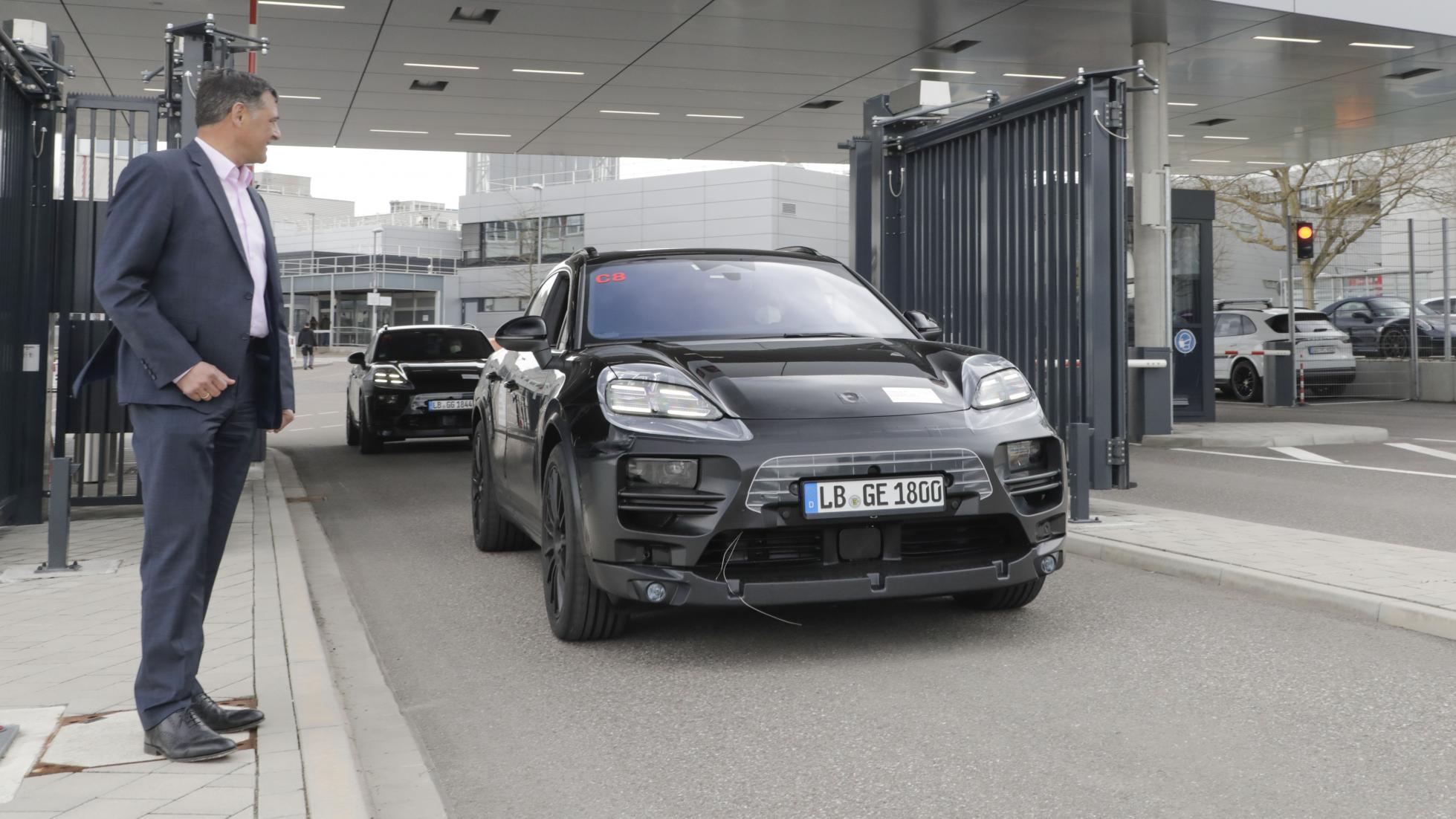
Porsche’s head of research and development, Michael Steiner has confirmed that the pure electric Macan will not use the J1 or MEB platforms. Instead, it will share the PPE platform with the Audi A6 e-tron, and adopt the 800-volt architecture like the Taycan.
Quick Comment:
In the 2021 Q1 earnings report released a few days ago, Porsche said it delivered nearly 72,000 new vehicles worldwide in the first three months of this year, with the Macan as the best-selling model, with a total of 22,458 units delivered.
Meanwhile, Taycan delivered 9,072 units. Porsche said that Taycan and the iconic sports car benchmark 911, with a delivery volume of 9,133 units, are almost at the same level. Since its launch, Taycan’s market performance has demonstrated Porsche’s potential in the pure electric market. This pure electric Macan, which combines the best-selling model with an electric vehicle, may bring even more impressive market performance.
NIO Announces Its Norwegian Strategy
On May 6th, NIO announced its strategy in Norway and officially entered the Norwegian market. In terms of products, NIO will start delivering the all-new ES8 in Norway in September of this year and ET7 will also officially enter the Norwegian market next year.Markdown:
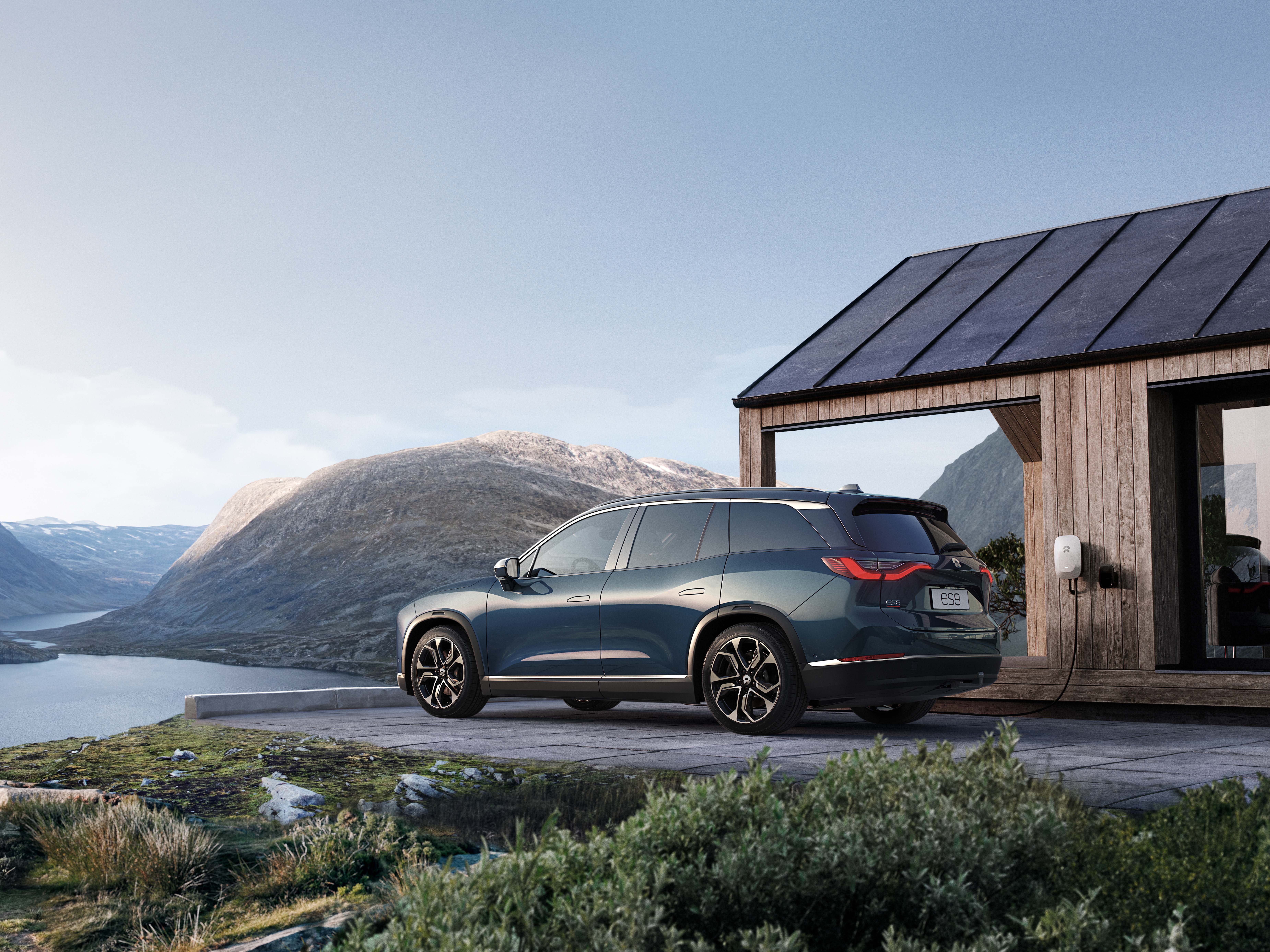
英文:
Regarding the direct sales and service network, NIO’s first center outside of China will open in Oslo, the capital of Norway, in the third quarter of this year. In 2022, NIO plans to build four NIO Spaces in Bergen, Stavanger, Trondheim and Kristiansand in Norway. In September of this year, NIO’s first service and delivery center in Norway will open in Oslo. NIO will also provide mobile services and door-to-door delivery services in the Norwegian market.
In terms of battery swapping, NIO’s European version of the charging map and the first batch of four second-generation battery swapping stations will be put into operation this year, and plans to build battery swapping stations in five cities in Norway in 2022.
Commentary:
As the first overseas market, it is not surprising that NIO chose Norway, which values environmental protection and has a high number of electric vehicles. During the operation of the Garage Twitter account, overseas users have participated in discussions and asked whether NIO’s labor-intensive services such as door-to-door delivery and one-button charging in the domestic market can be promoted in high labor cost overseas markets. NIO’s strategy in Norway responded to this. At the same time, NIO has deployed unmanned second-generation battery swapping stations directly in Europe, which may reduce labor costs to a certain extent in addition to the advanced technology.
XPENG Motors establishes R&D center in Shenzhen
On May 6th, He XPeng announced on Weibo that XPENG Motors’ Shenzhen R&D center has officially opened and that the size of the Shenzhen R&D team will expand to more than 500 in the next 12 months.
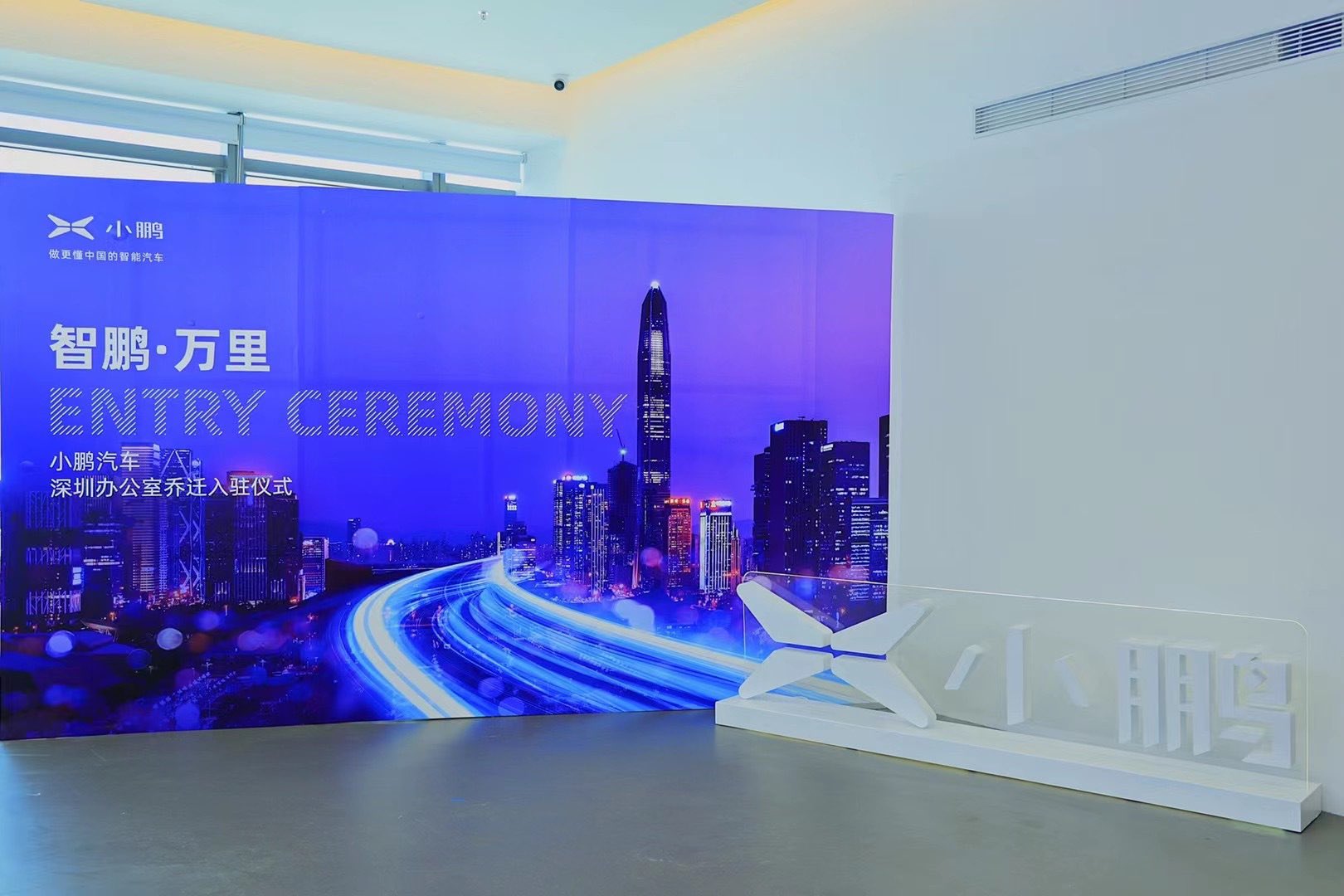
Commentary:
Previously, Shenzhen Xpeng Motors Technology Co., Ltd. was established on February 24th of this year with a registered capital of RMB 50 million. The company’s business scope includes automotive engineering and technology research, information technology consulting services, Internet of Things technology research and development, artificial intelligence application software development, intelligent control system integration, database management, among others.
Subsequently, on April 8th, XPENG Motors’ wholly-owned subsidiary, Shenzhen Zhipeng Automobile Sales Service Co., Ltd., was established, with a registered capital of RMB 5 million. Its business scope includes the sales of new energy vehicles, new energy vehicle electrical accessories, new energy vehicle battery swapping facilities, second-hand car sales, information consulting services, business agency and agency services, among others.
Ford and BMW jointly invest in solid-state battery start-up Solid Power.Recently, Ford and BMW have announced that they are leading the Series B funding round for solid-state battery start-up Solid Power, with a total investment of $130 million. This investment will be used to expand Solid Power’s automotive battery production scale, in order to integrate with customer vehicles in the future.
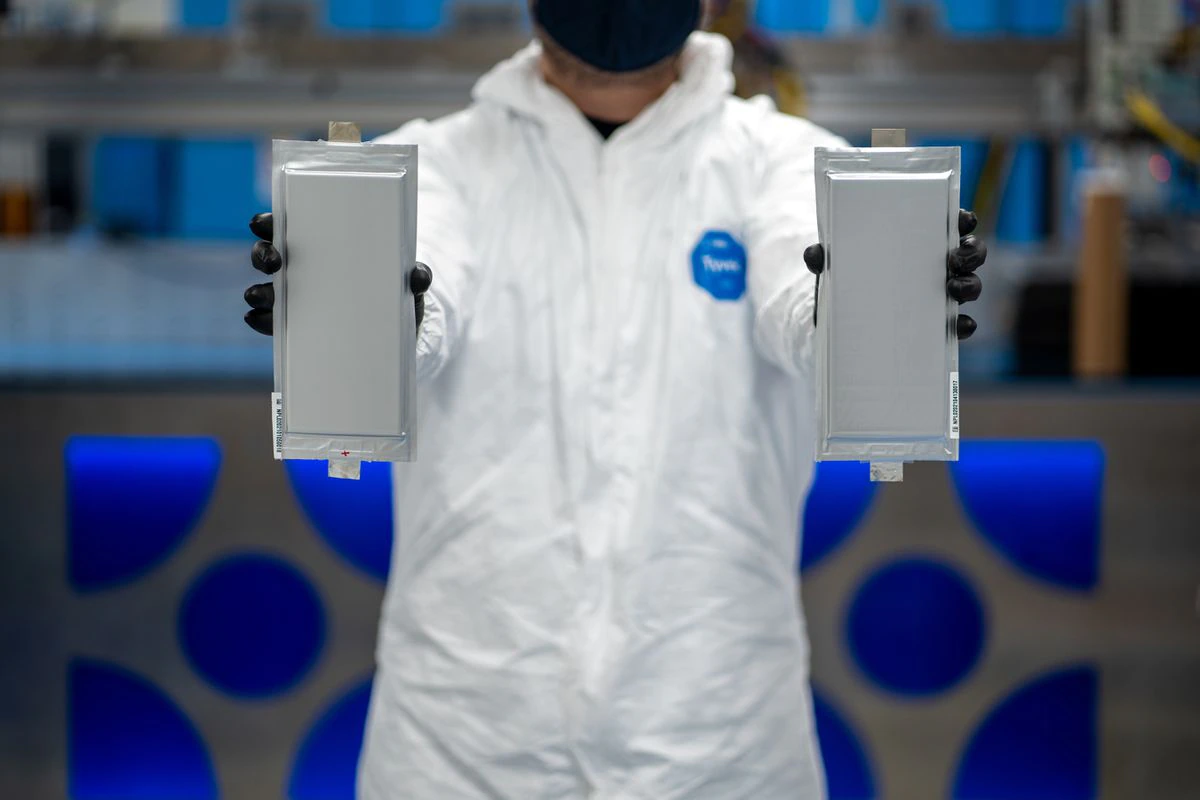
(Source: Reuters)
Doug Campbell, CEO and co-founder of Solid Power, stated that the company will begin trial production of solid-state power batteries in early 2022.
Quick Comment:
At the end of last year, Ford and BMW verified hundreds of battery cells produced on Solid Power’s production line, officially confirming their business cooperation plan with Solid Power. Previously, the BMW Group indicated that it would equip its production cars with solid-state batteries before 2030. Automotive companies are increasing their investment in solid-state batteries in order to gain more initiative.
The First Batch of Pilot Cities for the Coordinated Development of Smart City Infrastructure and Intelligent Connected Vehicles has been Determined
On May 7th, Xinhua News reported that the Ministry of Housing and Urban-Rural Development and the Ministry of Industry and Information Technology recently issued a notice, designating six cities including Beijing, Shanghai, Guangzhou, Wuhan, Changsha, and Wuxi as the first batch of pilot cities for the coordinated development of smart city infrastructure and intelligent connected vehicles.
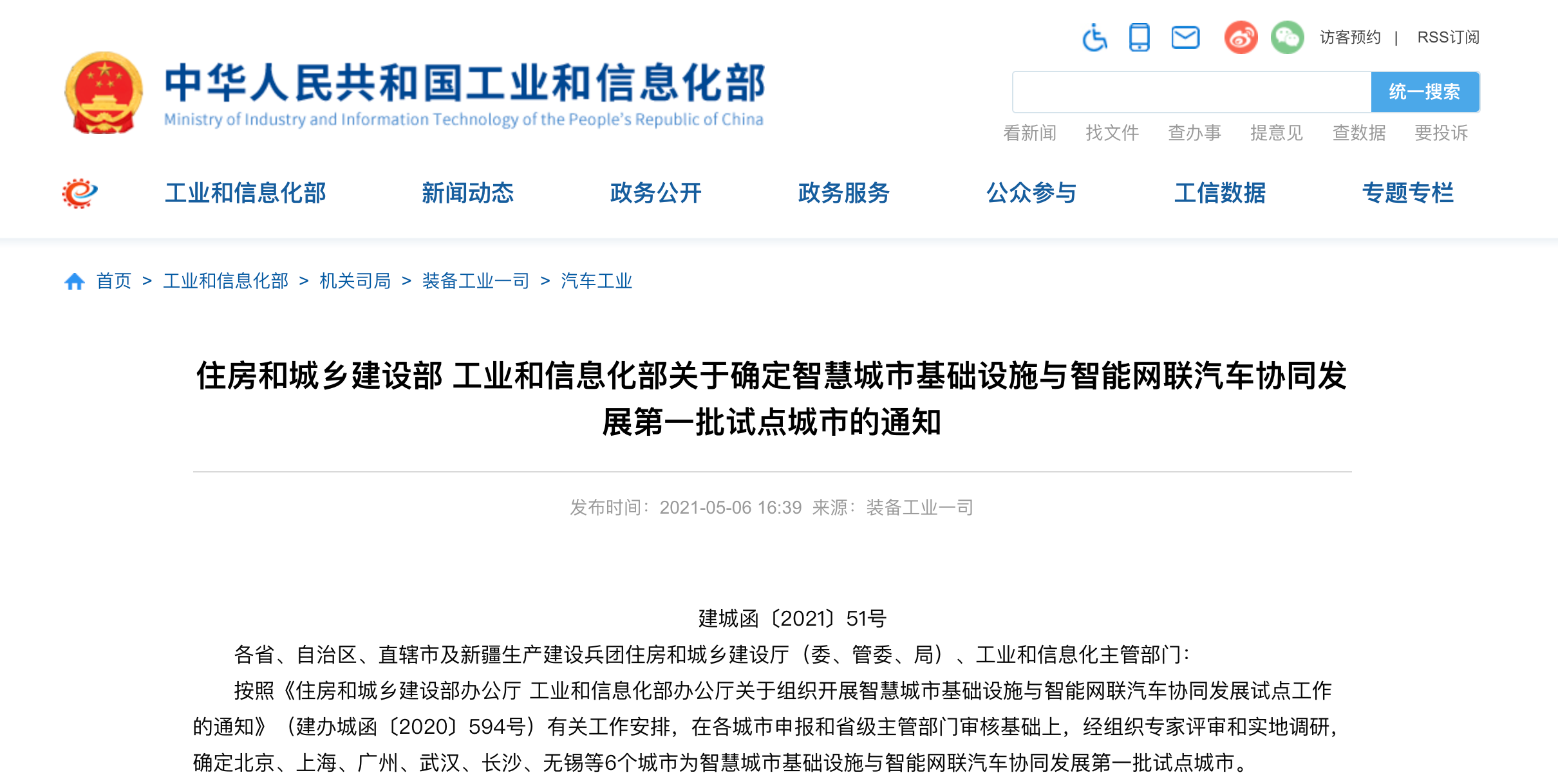
Quick Comment:
The Ministry of Industry and Information Technology has proposed to accelerate the breakthrough of key technologies for intelligent connected vehicles, while focusing on building a standard system, improving infrastructure, application services, and security. The designation of the first batch of pilot cities for the coordinated development of smart city infrastructure and intelligent connected vehicles is one of the measures to accelerate the construction of an open and integrated industry ecosystem. In the next step, it will continue to make efforts in the supply side, demand side, and usage side, to build a low-latency, high-bandwidth, and high-computing-capacity vehicle-road cooperative environment. At the same time, it will continue to increase the construction of charging and swapping infrastructure, and promote the rapid development of intelligent connected vehicles.
Tesla’s Berlin Gigafactory May Be Delayed
According to German media Automobilwoche, Tesla’s Berlin Gigafactory will be delayed until January 2022, with a six-month delay.
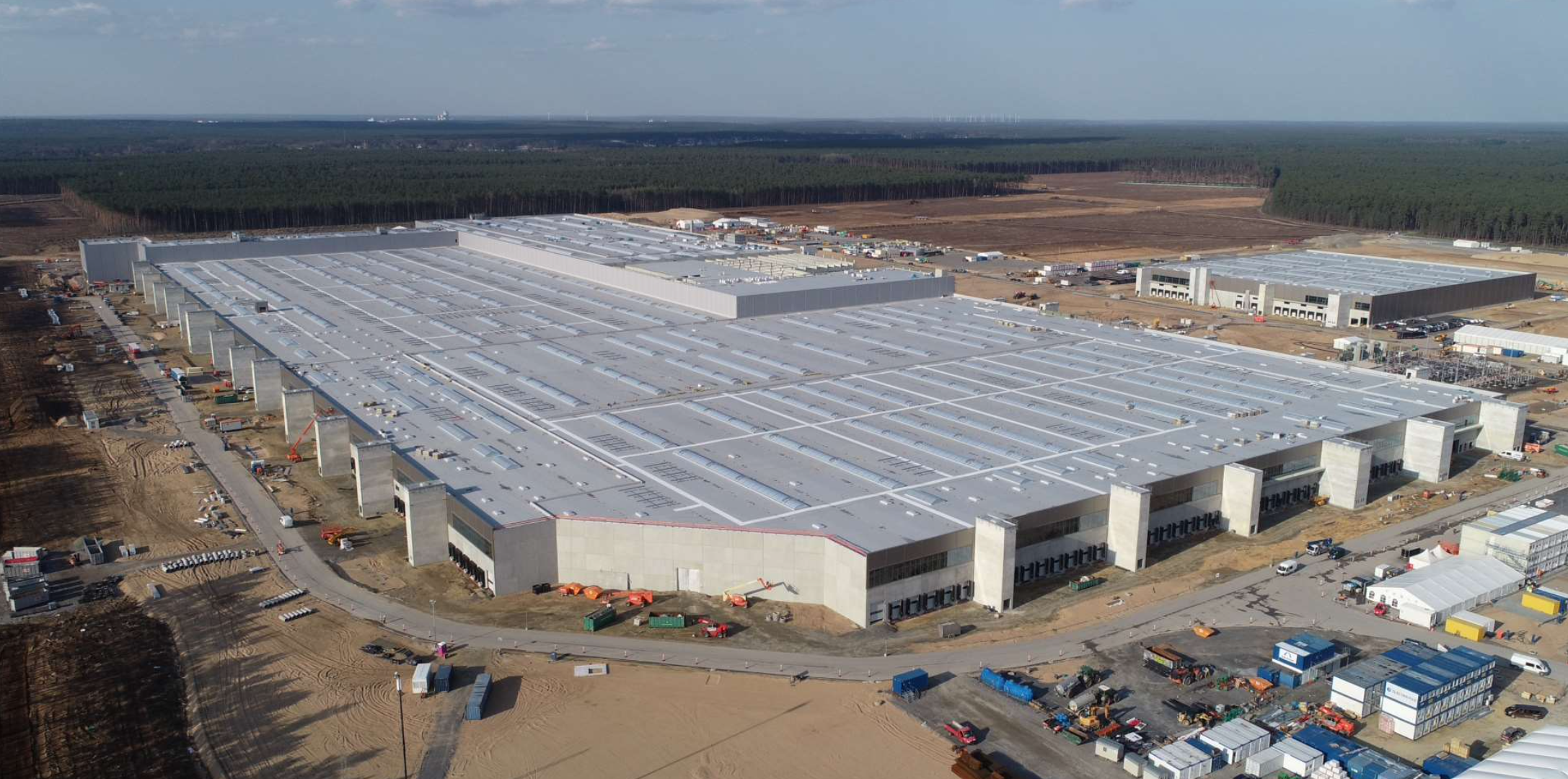 Quick Comment:
Quick Comment:
Tesla has previously informed the local government department that it intends to adjust the factory application to include the production of 4680 batteries, and this adjustment is likely to result in a delay in the Berlin super factory project.
The construction of the Tesla Berlin super factory can be said to have been full of twists and turns. As early as November last year, the factory faced a delay due to the failure to obtain permission from the local government department. Subsequently, due to protests from local environmental organizations, the Berlin super factory was prohibited from logging forests. Later, because the €100 million guarantee deposit required by the local environmental department had not been received, the construction of the Tesla Berlin super factory was forced to stop again. The construction speed of the Berlin super factory was expected to surpass that of the Shanghai super factory, but after experiencing many delays, this goal may be difficult to achieve.
This article is a translation by ChatGPT of a Chinese report from 42HOW. If you have any questions about it, please email bd@42how.com.
